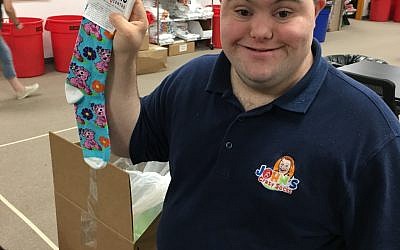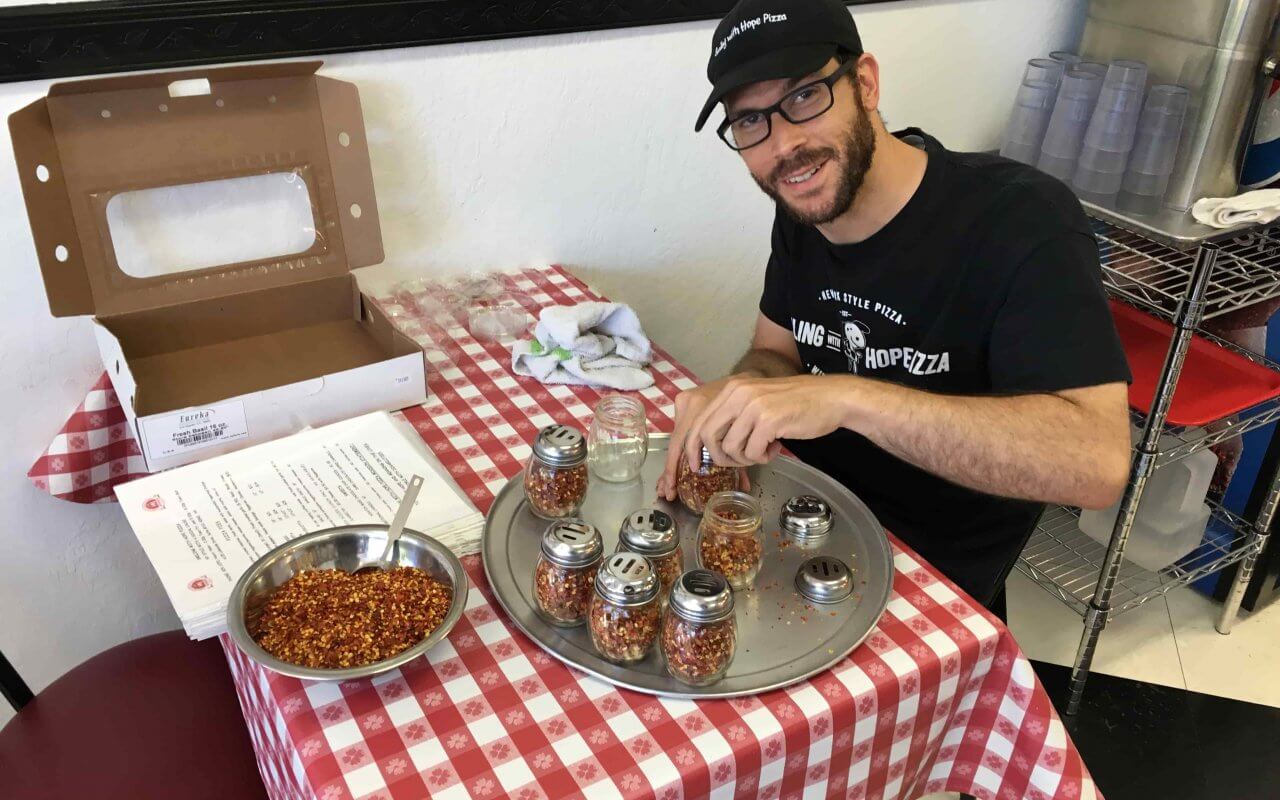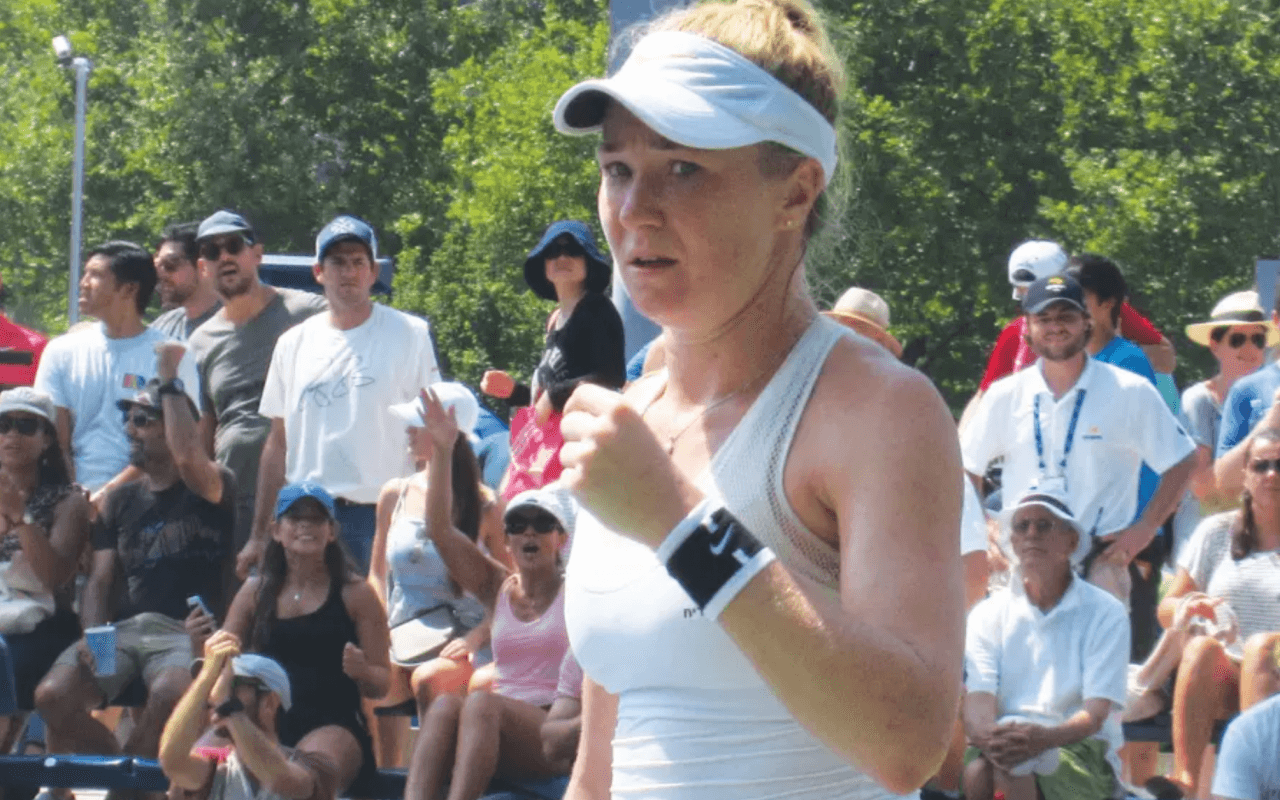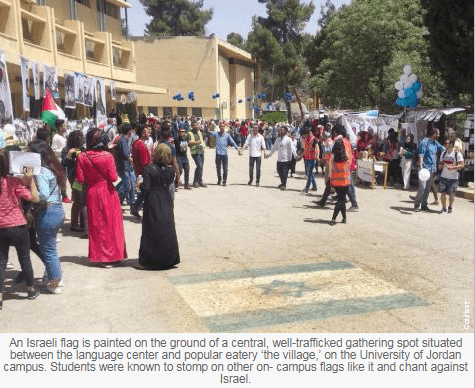Original Article in The New York Jewish Week:
Parents of young adults with disabilities–from Maine to California—use the term “falling off the cliff” to describe the situation their children often face upon graduation from high school. They speak about the lack of adequate training programs and job opportunities for their children. Without job training and employment, they potentially face fifty or more years of unemployment or underemployment, inadequate opportunities to form friendships and a sadly sedentary life of movies, video games and unhealthy eating.
While the unemployment rate in the population of people with disabilities is worrisome, there is reason for hope. My recent travels across the country, generously supported by the Covenant Foundation, offer many examples of creative job training programs and work opportunities for people with disabilities—many started by their parents.
First the bad news: According to the Bureau of Labor Statistics, in 2017, 18.7 percent of persons with a disability were employed. In contrast, the employment-population ratio for those without a disability was 65.7 percent. The unemployment rate for persons with a disability was 9.2 percent in 2017, more than twice that of those with no disability (4.2 percent). (Unemployed persons are those who did not have a job, were available for work, and were actively looking for a job in the 4 weeks preceding the survey.).
The unemployment rate has improved slightly in 2018 across all populations. According to the United States Department of Labor’s Office of Disability Employment Policy (ODEP) December 2018 Disability statistics, the unemployment rate for people with disabilities was 7.9% compared to 3.5% for people without disabilities. Labor force participation for people ages 16 and over with disabilities was 20.7% compared to 68.4% for people without disabilities. Employed persons with a disability were more likely to be self-employed than those with no disability.
Many parents of young adults with disabilities are taking action and creating job training programs and creating work opportunities. They are starting dog biscuit, sock and t-shirt companies. They are running boutique laundry services, running bakeries and cafes, making and selling granola—to Whole Foods! They are running car washes, messenger services, book stores, and even hotels in Germany and India! Some are even reading mammograms and doing sound engineering. These businesses serve anywhere from one to dozens of workers.

I visited 13 such businesses between June and December 2018 and learned of many more from these business owners, parents, colleagues and the Facebook group, Autism Entrepreneurship. Business owners were happy to share lessons learned and challenges faced, including:
-Take the lead from your child’s interests [i.e. dolls, in the case Yes She Can (job skills program) and GirlAgain (a resale boutique for American Girl dolls], but also have a careful business plan and start a business likely to be successful;
-Don’t start a business when you are feeling desperate; start a business after careful research (consult with professionals who know this type of business);
-Strive to keep costs down (investigate cheapest ways to ship, purchase ingredients, package the product, etc.);
-Be aware of such unanticipated costs as legal fees, websites (which are expensive), trash removal, local green taxes, etc.;
-Decide if plan is to be for profit, not for profit or both;
-Remember that running a business takes a lot of time and money;
-Know issues related to compensating workers, and how this can impact on their benefits (including Social Security);
-Transportation is an issue for many workers. Those who don’t drive are dependent on an often unreliable public transportation system or on Access-A-Ride (which may come very early or late);
-Business owners in this space have a lot to offer each other. Some would like to be part of a trade group. Some would like to share advice and consider selling products of other disability run businesses;
There are so many wonderful examples of businesses providing vocational training and work opportunities for people with disabilities. Several are highlighted here:
- Purely Patrick in Stowe, VT is a one-person business run by Patrick Lewis, 27, (with the help of his mother and two job coaches) from his room in his parent’s Brass Lantern Inn. Patrick is a young man with disabilities and many abilities who assembles and sells various products including kits for soups, cookies and dog biscuits through the use of assistive technology. He uses a pouring device that is activated by a switch that he controls. The company sells products online, at various local fairs and at the inn.
- John’s Crazy Socks in Melville, NY was established two years ago when John, a young man with Down Syndrome, was nearing graduation from high school. He and his dad were brainstorming business ideas and John suggested a sock company! Father reports, “We are evangelists on what people with different abilities can do! The best we can do is make our business a success. Johns Crazy Socks is a social enterprise/business with 18 people of differing abilities making up the 35 person work force. The work place is unified with all working side by side.”

- Spectrum Design in Port Washington, NY is two separate 501c3 programs started by two mothers of children with autism. Nicholas Center is the support agency and Spectrum Designs is the business component. Spectrum Designs currently consists of three enterprises—Spectrum Designs, which produces customized apparel (3000-8000 shirts/day); Spectrum Bakes (bakery) and Suds, a boutique laundry service. The apparel design employs 20+ people with autism and there are currently 60 people involved with Spectrum Designs and Nicholas Center—some are salaried workers and some are trainees. They also have a work out room, go on nature walks and teach health and nutrition.
- Rising Tide Car Wash in both Parkland and Margate, FL employs 72 people with disabilities out of a total of 92 workers. The company was started by the brother of a person with autism, with the expert guidance of their father, a life-long entrepreneur. Through Rising Tide U, an online course which provides road maps for entrepreneurs who wish to start businesses that empower individuals with autism through gainful employment, they are helping others get started.
Beyond the dozens of businesses on my growing list which provide creative job opportunities to people with disabilities, foundations like the Poses Family Foundation Workplace Initiative are working with industry to improve training and hiring of people with disabilities.
I keep coming across a very hopeful term in my travels—”Autism Advantage.” Employers are slowly learning that hiring people with autism and other disabilities has a real business advantage. This is not “chesed” or charity. This is good business! People with autism, for example, are often attentive to detail, follow rules and are loyal workers. People with disabilities often don’t mind repetitive tasks, and they are likely to stay at a job without looking to move up or out. The smaller business owners and large corporations continue to appreciate the unique skills and qualities of people with disabilities, the sooner the unemployment rate will go down, and the epidemic of falling off the cliff will come to an end once and for all!





